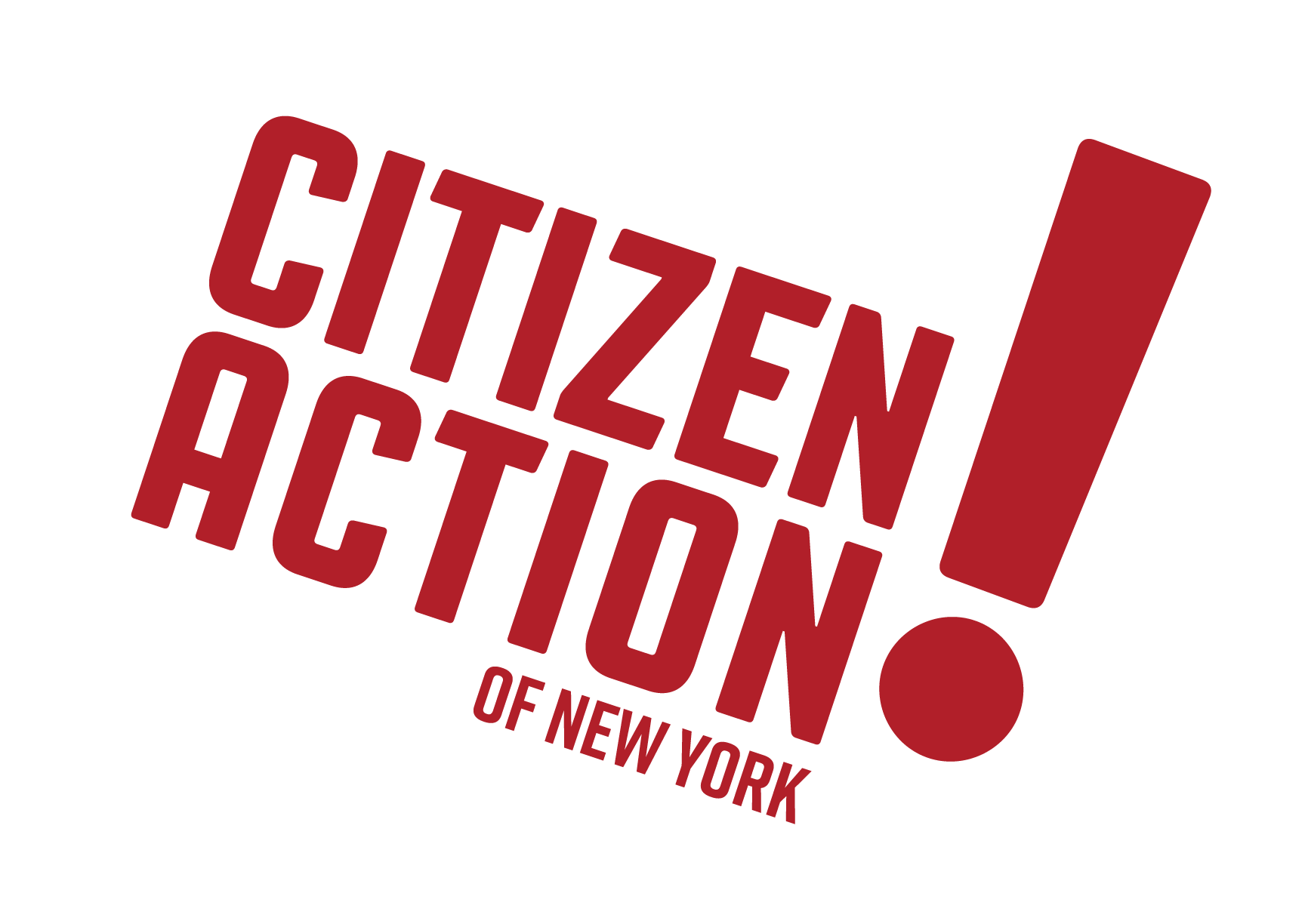Crossposted from the Brennan Center for Justice
NY Campaign Finance:
1. Today, over 100 organizations that support Fair Elections for New York wrote Governor Cuomo detailing the need for publicly financed campaigns, lower contribution limits, and better enforcement. The civil rights, business, faith, grassroots community, good government, environmental, and labor organizations who signed the letter, thanked the Governor for his strong support and expressed their enthusiasm to work with him and members of the Legislature to pass publicly financed elections and other campaign finance reforms during this legislative session.
2. Despite the annual $150,000 contribution limit by individuals to candidates in New York, luxury-apartment mogul Leonard Litwin gave almost $700,000 to candidates in 2011. A study by the New York Public Interest Research Group revealed that Litwin was the biggest individual donor in the state. Litwin was able to dodge the state’s campaign finance laws by utilizing the limited liability company (LLC) loophole, which allows companies to contribute multiple times through affiliated LLC’s, even when the LLC is completely controlled by a corporation or individual who has already reached the maximum contribution limit.
3. Governor Cuomo spoke with reporters about the need for public financing and campaign finance reform after participating in a fundraising event for the Democratic Governors Association. “One of the things we have to work on is getting money out of politics,” Cuomo said. In response to a reporter’s question about the meeting, Cuomo replied, “Your issue of, ‘You are in a room where people contribute money’ — that is the current state of politics and that is (the case for) every elected official in every fundraising forum.”
4. Manuel Ortega, law chairman of the Staten Island Democratic Party, filed a complaint with the FEC against Republican Representative Michael Grimm. The complaint alleges excessive and illegal cash contributions. A key fundraiser of Grimm’s is now being investigated for embezzling millions of dollars from a rabbi’s congregation. According to the New York Times story that Ortega used as the basis for his FEC complaint, unnamed followers allege that Grimm sought donations over the legal limit, and that he sought those donations in cash and from undocumented aliens.
5. The Democrat and Chronicle calls for Governor Cuomo to follow through on his election promises for public financing and campaign finance reform. The newspaper notes that “the governor continues to say the right things” and urges him to “prod the Legislature to deliver.”
Other News Nationwide:
1. In his State of the Union address, President Obama spoke about the “corrosive influence of money in politics.” He called for “a bill that bans insider trading by Members of Congress,” places limits on incumbents’ ability to own stocks in industries they impact, and restricts the ability of bundlers to lobby Congress.
2. The New York Times editorializes that under the federal lobbying law, “Newt Gingrich can legitimately claim that he is not a lobbyist.” The paper stated that Gingrich had “made a great deal of money in Washington peddling his influence, while carefully staying about half-an-inch short of the legal definition of lobbyist.” The paper calls for a better law limiting lobbyist activity and promoting disclosure. Part of the problem is that many Members of Congress use the revolving door—more than 400 former members have become lobbyists or consultants in the last decade.
3. In Massachusetts, Senator Scott Brown and likely Democratic opponent Elizabeth Warren agreed on a plan to stop outside groups from running negative ads. The agreement “requires each side to donate to a charity of the other’s choosing” when benefiting from a third-party ad, and also requires each side to write to outside groups and television station managers requesting a cease-fire. Brown, who is up for re-election to a full term, said that third-party ads “spend millions of dollars from anonymous donors portraying their opposition unfairly and misleading voters.” The question now is whether the agreement is enforceable.
4, In Montana, the State Supreme Court upheld by a 5-2 vote a law banning corporations from making political expenditures. A New York Times editorial praised the Montana Supreme Court, stating that “in Citizens United, the conservative majority turned itself into a copper kings’ court.” The majority rejected Justice Kennedy’s “misguided reasoning” that money does not “give rise to corruption or the appearance of corruption.” The court’s dissenters, however, argued that the Supreme Court’s Citizens United decision dictates the opposite result, and warned that the Supreme Court would not allow Montana to ignore precedent.
